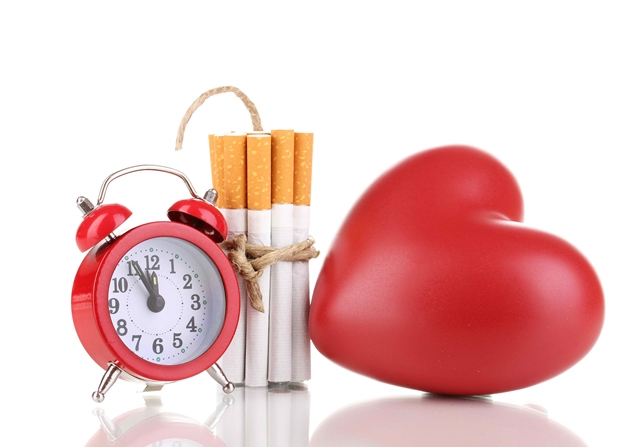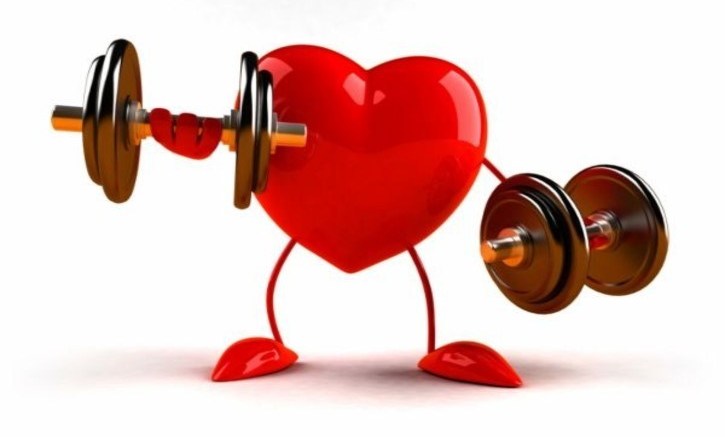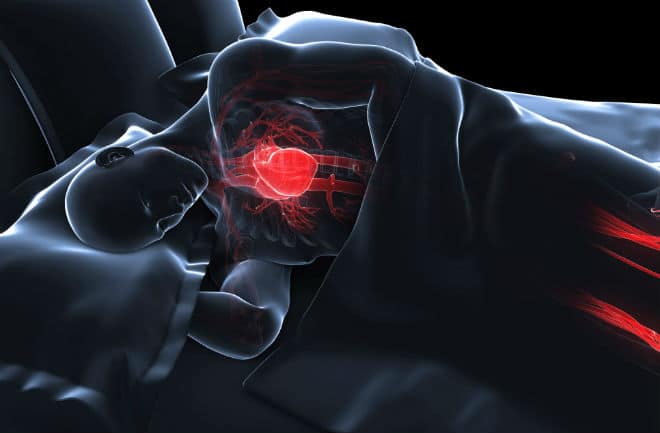If you’re suffering from high cholesterol, it’s important to talk to your doctor about medications you can take to manage your condition. However, in addition to cholesterol-lowering drugs like Rosalta, it’s also worth looking at your lifestyle. Some of your habits may be contributing to increased cholesterol levels. Read on to find out which daily habits may be increasing your risk for various heart diseases.
Daily Habits That Harm Your Heart
1. Smoking
You’ve probably already heard all the reasons why smoking is bad for your health. In fact, whether you’re diagnosed with high cholesterol or not, you’ll be doing yourself a favor by kicking the habit.
However, cigarette smoking can be particularly detrimental for your heart’s health1. Smoking produces carbon monoxide, a gas that when inhaled can poison the lungs. It also stiffens artery walls, restricting blood flow and increasing the chances of a heart attack.
In addition, cigarettes contain nicotine, which narrows the blood vessels and increases heart rate and blood pressure.
To top it all, smoking can make your blood thicker and stickier, which makes it harder for it to flow through your blood vessels.
2. Skipping the gym
Let’s admit it — we live in a largely physically inactive society. Thanks to transport solutions and tech-based jobs, we walk less and sit practically all day in front of a computer. Such extent of physical activity negatively affects our cholesterol levels. Lack of exercise may lower HDL (the good cholesterol) and increase LDL (bad cholesterol).
For aerobic activities, health experts recommend getting at least 150 minutes of moderate physical activity or 75 minutes of vigorous physical activity2 every week. For strength training, it’s recommended to train different muscle groups at least twice a week.
If you’re an office worker or you just don’t get enough time to exercise, here are some ways you can incorporate more physical activity into your daily routine.:
- Take the stairs as much as you can.
- If you drive your own car, park farther.
- Do try to stand more, instead of just sitting, while working.
- Join any physical activity programs in your workplace.
- Consider wearing weights.
- If possible, walk to or from home.
Ample exercise, in combination with medications for high cholesterol, can help lower your cholesterol levels and reduce the risk of heart diseases.
3. Unhealthy diet
Your diet plays a major role in your cholesterol levels. Some of the foods that increase cholesterol are as follows:
- Fast food
- Processed, packaged food such as chips, instant food, and crackers
- Packaged cookies, doughnuts, cakes, and other pastries
- Fried food
- Microwave popcorn
To curb high cholesterol, try to consume more fruits, vegetables, whole grains, and healthy fats3, which can lower LDL cholesterol and increase HDL cholesterol.
4. Not getting enough sleep
Several studies have linked lack of sleep4 with increased risk for heart disease, high cholesterol and triglycerides, and higher blood pressure. Also, if you suffer from sleep apnea, which causes shallow or irregular breathing during the night, your risk of having heart diseases may also increase.
As much as you can, be sure to get at least 7 hours of sleep every night. Try relaxation and meditation techniques5 to help you fall asleep easier. Sticking to a sleep schedule also regulates your body clock6, helping you stay asleep during the night.
While avoiding the practices mentioned above can help you manage high cholesterol and heart diseases, don’t forget to talk to your doctor about medications you need to take. Cholesterol-lowering drugs are an effective addition to your overall cholesterol management plan.
This article is not intended to be a substitute for professional medical advise, diagnosis or treatment. Always seek the advise of your doctor or other qualified health provider with any questions you may have regarding a medical condition.
===
1 https://www.webmd.com/heart-disease/quit-smoking-helps-heart#1
2 https://www.mayoclinic.org/healthy-lifestyle/fitness/expert-answers/exercise/faq-20057916
3 https://www.healthline.com/nutrition/10-super-healthy-high-fat-foods
4 https://www.health.harvard.edu/healthbeat/how-sleep-loss-threatens-your-health
5 https://www.healthline.com/health/meditation-for-sleep
6 https://www.sleepfoundation.org/articles/healthy-sleep-tips



